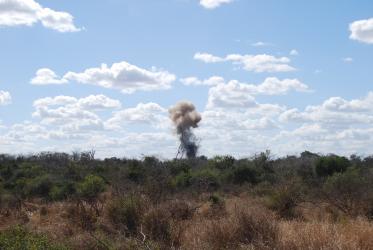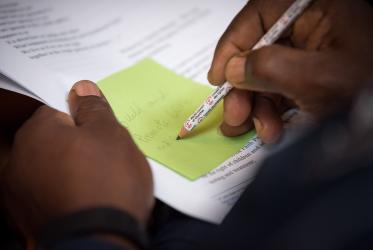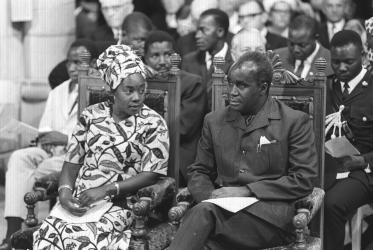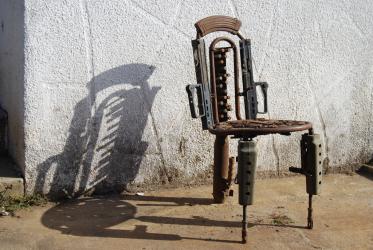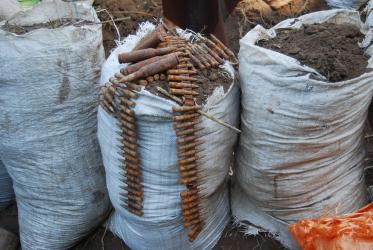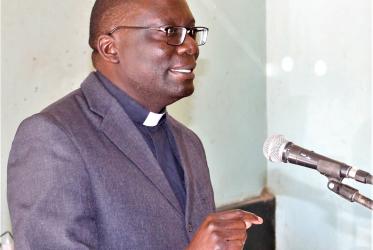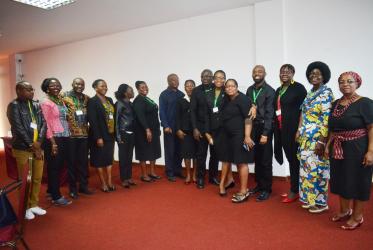Displaying 1 - 16 of 16
Prayers lift up peaceful elections in Zambia
03 August 2021
Young Africans are eager to grapple with challenges
09 January 2020
Los jóvenes africanos están dispuestos a afrontar los desafíos
09 January 2020
Council of Churches in Zambia: “Involve the people in the process”
09 September 2019
Land rights focus of panel discussion
17 November 2015
Los derechos sobre la tierra tema de una mesa redonda
17 November 2015
